I can't get why simple actions with my array corrupt the heap.
For example, this code works fine:
double *matrix = (double*)(malloc(50));
free(matrix);
Then, I try to modify some of the elements of this array like this:
double *matrix = (double*)(malloc(50));
for (int i = 0; i < 20; matrix++, i++) {
*matrix = (double)i;
}
free(matrix);
The problem is that even this code is not working at all. (VS tells me that the heap was corrupted). Probably it is a stupid mistake, but I am new to all this actions with pointers.
UPDATE
Now my code looks like this:
double *matrix = (double*)malloc(sizeof(double) * 50);
But I got this error message:
